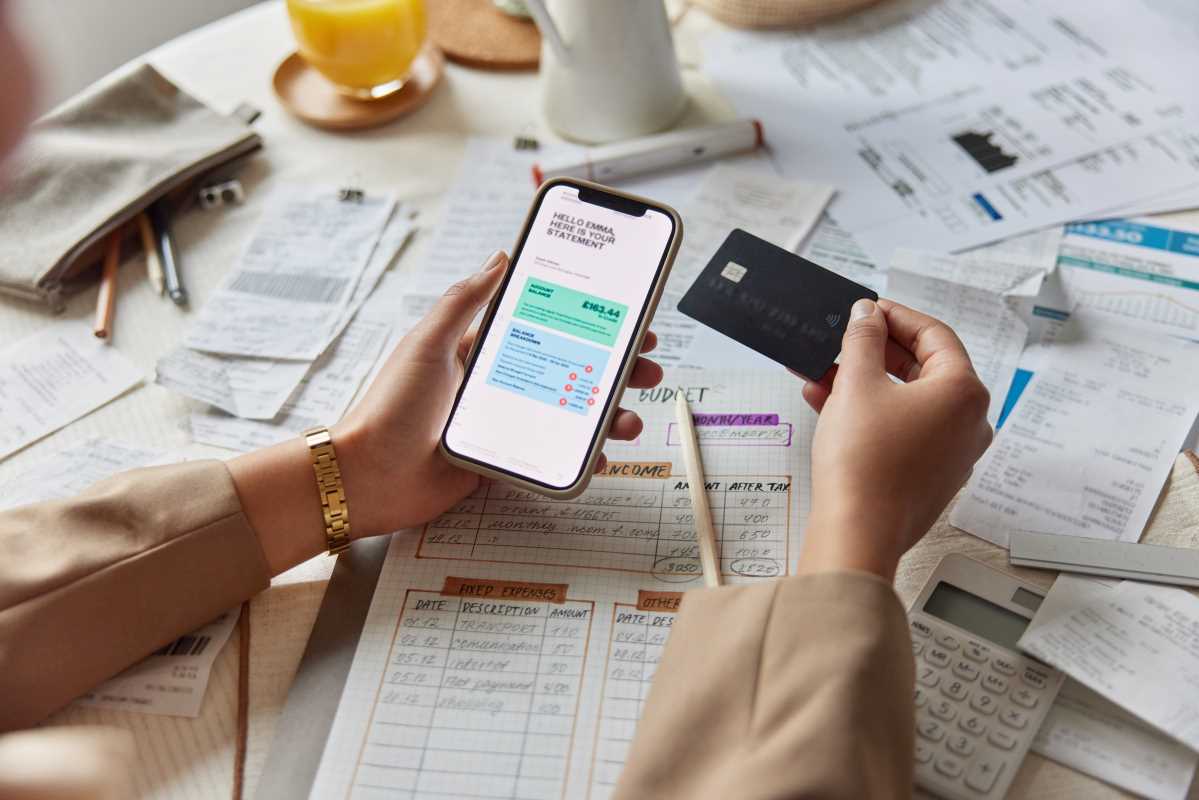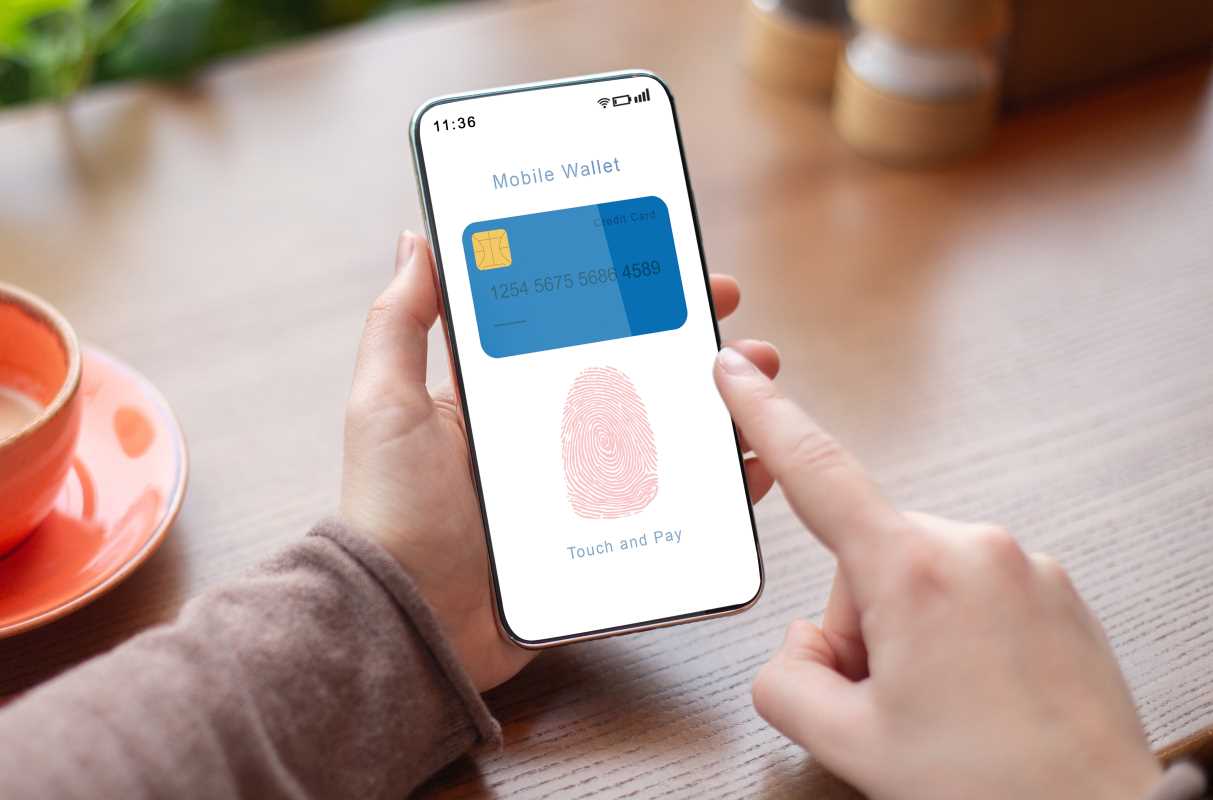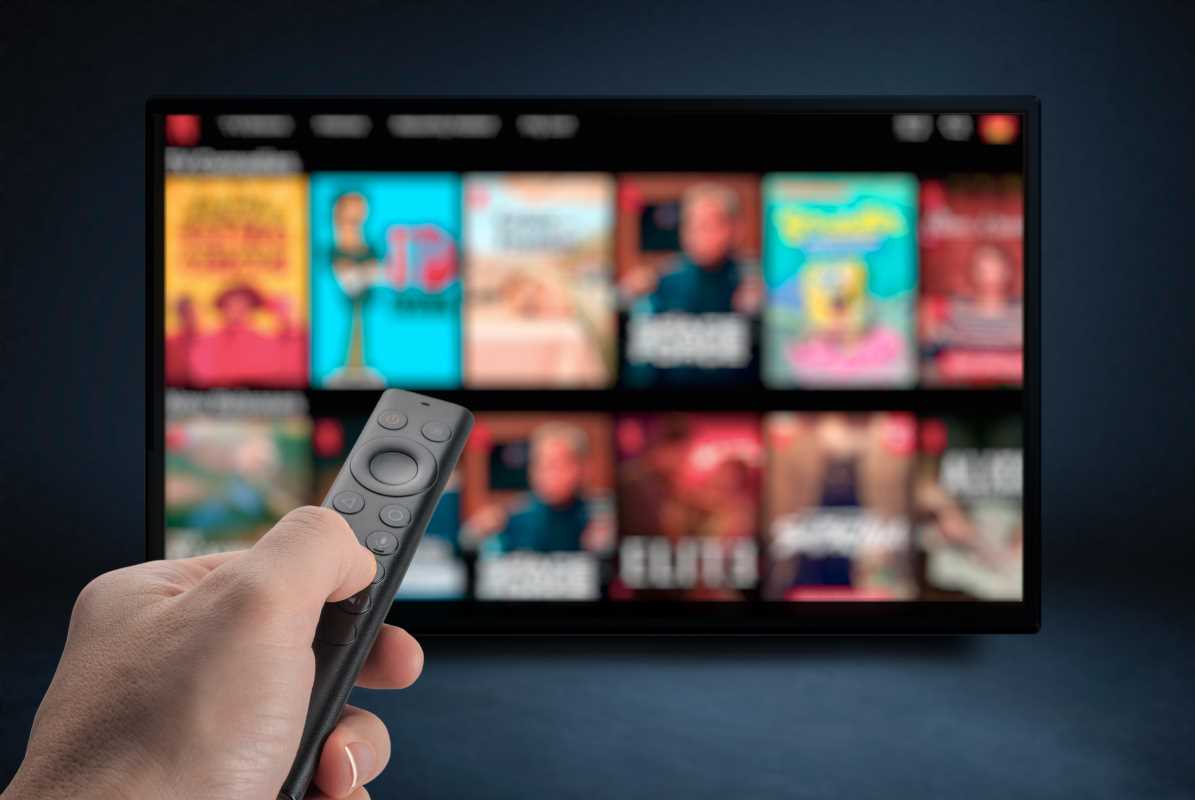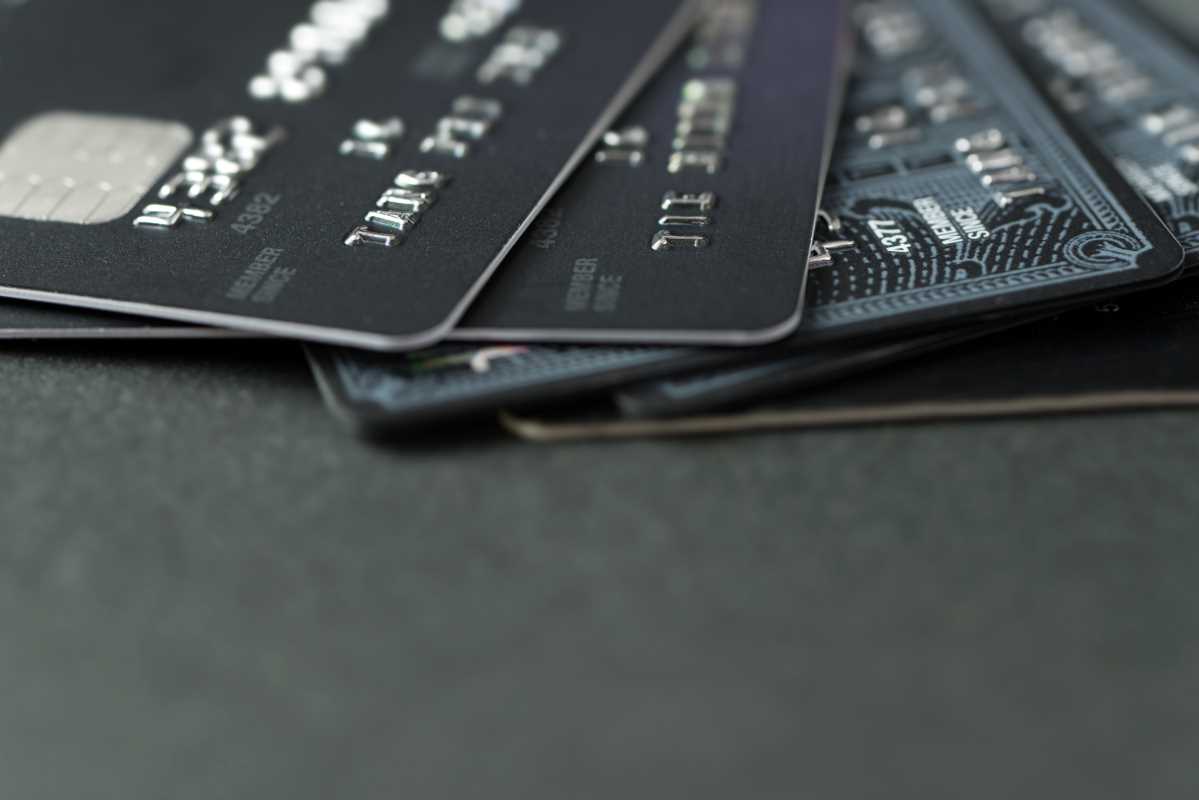Managing money wisely can feel overwhelming, especially with so many expenses pulling at your paycheck. The good news? Budgeting apps can help you get things under control, whether you’re living paycheck to paycheck or simply want to improve your savings game. These apps make saving money more manageable by tracking expenses, setting goals, and offering insights into your spending habits. The best part? You don’t need to be a financial expert to use them. We'll explore seven budgeting apps that cater to a variety of needs, from those trying to stretch every dollar to those working toward bigger financial goals. By the end, you’ll have the tools to decide which app fits your life best.
1. Mint
With a reputation as one of the most popular budgeting apps, Mint is a standout for good reason. It syncs with your bank accounts, credit cards, and even investment accounts to give a complete picture of your financial life. You’ll see where your money is going, whether it’s groceries, entertainment, or that daily coffee run. Mint sets up budget categories for you based on your spending patterns and sends alerts if you’re nearing your limit.
Mint is user-friendly, which makes it perfect if budgeting feels confusing or overwhelming. It’s also 100% free, so it’s ideal for anyone trying to save money without adding extra expenses.
Best For:
- Beginners who need a clear picture of their finances.
- People who want alerts to help stick to spending limits.
2. You Need a Budget (YNAB)
YNAB stands for “You Need a Budget,” and the app delivers exactly that. It helps you allocate every dollar you make, so you know exactly where your money is going. You’ll learn to prioritize essentials while carving out space in your budget for savings. The app works on the principle of "giving every dollar a job," helping you avoid overspending.
It’s designed for people ready to get serious about improving their finances. If living paycheck to paycheck feels like a cycle you can’t break, YNAB’s structured system can help. Though it comes with a monthly fee, many users find it saves more in the long run by building healthier money habits.
Best For:
- People tired of paycheck-to-paycheck living.
- Goal-oriented savers looking to take control of spending.
3. Goodbudget
Goodbudget focuses on the “envelope method,” where you divide your income into digital envelopes for things like rent, groceries, and entertainment. This approach helps you stick to a spending limit for each category, so you’re less likely to go overboard.
Ideal for families or couples managing shared finances, this app promotes communication about spending priorities. It doesn’t sync directly with your bank accounts, so it works for those who prefer entering transactions manually to stay mindful.
Best For:
- Families or couples pooling money together.
- People who like the structure of envelope budgeting.
4. PocketGuard
PocketGuard automatically shows how much disposable income you have after accounting for bills, essential expenses, and savings goals. It’s a great tool for anyone curious about what they can actually spend without going into debt.
By linking to your accounts, PocketGuard simplifies your finances, tracking income and expenses in real time. You don’t have to guess if you’ve saved enough to splurge on takeout or buy yourself something nice. The more you use it, the smarter it gets about providing spending insights.
Best For:
- Those wanting a clear answer to, “Can I afford this?”
- Users who appreciate automation over manual inputs.
5. EveryDollar
Created by personal finance guru Dave Ramsey, EveryDollar makes zero-based budgeting easy. Zero-based budgeting make sure every dollar of your income has a purpose, whether it’s covering expenses, paying down debt, or going into savings.
The free version lets you create budgets, track transactions, and see your spending patterns. Paid users can connect their bank accounts for automatic updates, saving loads of time. It’s especially helpful for people working to eliminate debt since its system encourages focused spending and debt payoff.
Best For:
- Debt eliminators looking for clear spending systems.
- Budgeters interested in zero-based planning.
6. Digit
Digit stands out by focusing exclusively on saving. The app analyzes your spending habits, income, and upcoming bills, then moves small amounts of money into savings automatically. You don’t need to lift a finger. Over time, these tiny transfers add up, building your savings with almost no effort.
Living paycheck to paycheck doesn’t always allow huge savings contributions. Digit creates savings momentum by showing that even $5 or $10 at a time makes a difference. The app offers a subscription plan, but many users find the savings it encourages more than cover the cost.
Best For:
- People struggling to save anything at all.
- Those who appreciate automated savings without extra effort.
7. Personal Capital
On top of its budgeting tools, Personal Capital acts as a financial powerhouse for those managing investments. It tracks your income, expenses, and even retirement accounts, providing a comprehensive look at your overall financial health.
This app is better for folks already saving fairly easily and wanting to take things to the next level. It’s perfect for tracking long-term goals like buying a house or planning for retirement, rather than only focusing on monthly budgets.
Best For:
- Savers interested in big-picture financial planning.
- Individuals who want investment tracking alongside budgeting.
How to Choose the Right App for You
Finding the best budgeting app depends on your unique circumstances and goals. Here’s a quick guide to help you decide:
- Beginner-Friendly: Apps like Mint or EveryDollar simplify budgeting for those new to money management.
- Breaking the Paycheck-to-Paycheck Cycle: YNAB and Digit excel at helping you regain control, even in tight financial situations.
- Team Efforts: Goodbudget makes family or couple budgeting seamless.
- Investment Focused: Personal Capital is worth it if you’re ready to plan for major financial milestones.
Saving money doesn’t have to mean complicated spreadsheets or constant stressing over expenses. Modern budgeting apps simplify the process, putting powerful tools in your pocket.
 (Image via
(Image via

.jpg)



